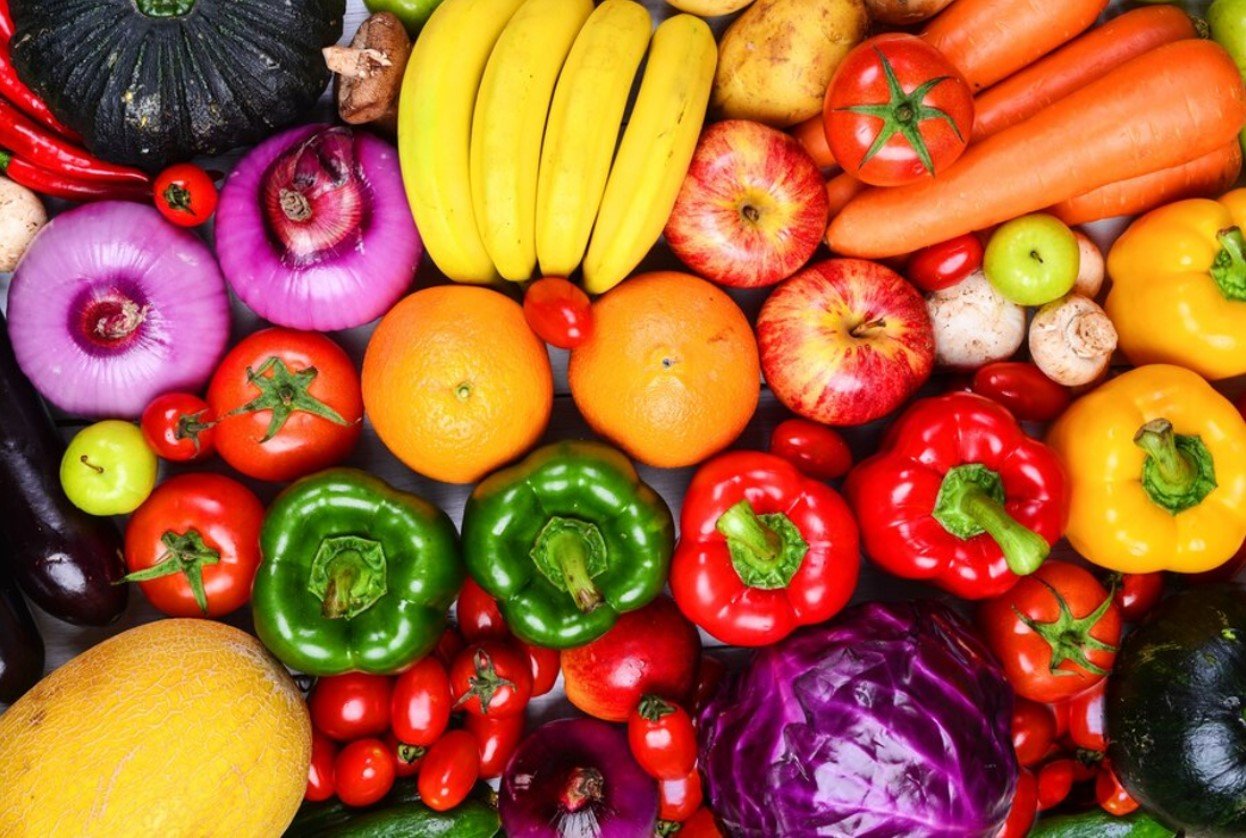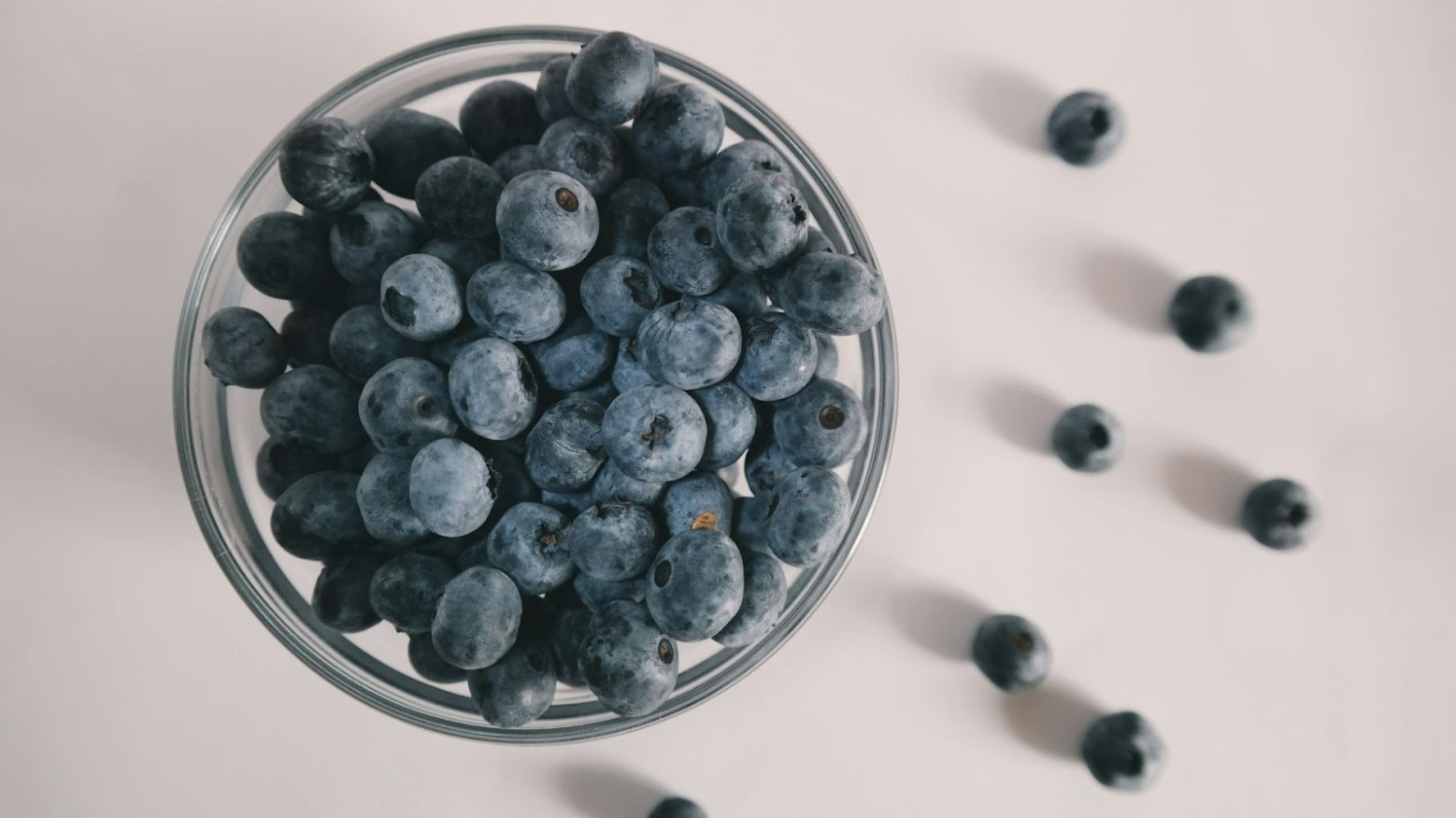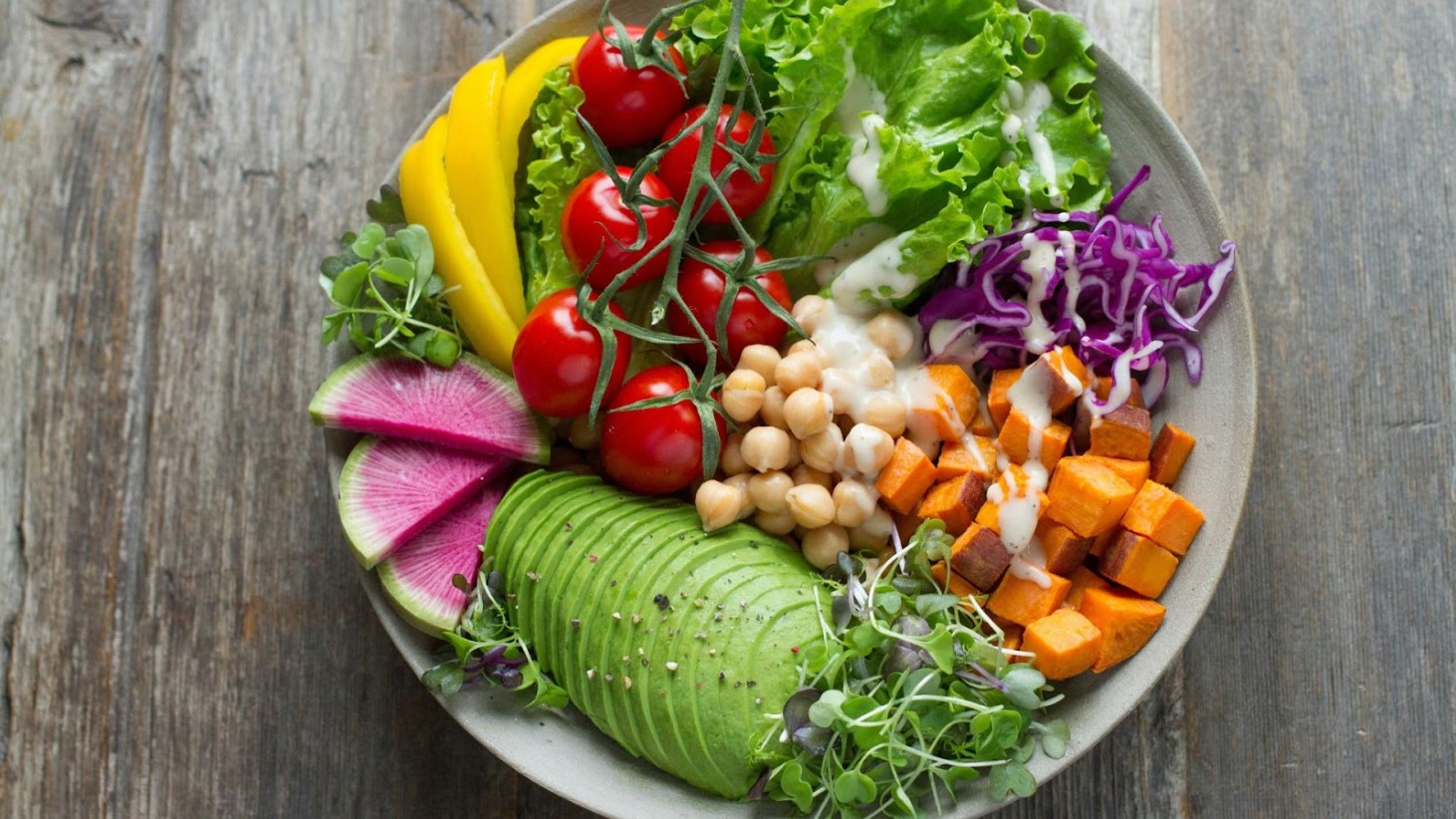New research from Tufts University highlights how lifelong healthy eating can preserve brain function in later years.
Tracking over 3,000 individuals for nearly seven decades, the study emphasizes the impact of dietary habits from childhood through middle age on cognitive abilities as we age.
Observational Study Insights

Freepik
Though observational and involving Caucasian individuals in the U.K., this study is the first to track diet and cognitive ability throughout the lifespan.
Its findings provide valuable insights for future dietary guidelines.
Cognitive Decline After 65

Cognitive performance often begins to decline after age 65, with conditions like dementia worsening these effects.
While maintaining a healthy diet in your 60s and 70s helps mitigate decline, earlier dietary habits are equally crucial.
Importance of Early Dietary Habits

The Tufts University study fills a gap by exploring how lifelong eating patterns impact cognitive aging.
It analyzed dietary habits from age 4 to 70, providing new insights into the long-term benefits of healthy eating.
Defining a High-Quality Diet

According to the 2020-2025 Dietary Guidelines for Americans, a high-quality diet is rich in fruits, vegetables, legumes, and whole grains, and low in sodium, added sugars, and refined grains.
These dietary choices, specifically, are known to be linked to better cognitive health.
Diet Quality and Cognitive Ability

The study found a strong link between dietary quality and cognitive ability in later life.
Only 8% of those with low-quality diets maintained high cognitive abilities into their 70s, highlighting the importance of healthy eating.
Benefits of Healthy Eating

Conversely, only about 7% of those with high-quality diets experienced significant cognitive decline.
This suggests that good dietary habits can help maintain brain function and prevent cognitive deterioration.
Establishing Healthy Habits Early

Kelly Cara, a researcher from Tufts University, emphasizes the need to establish healthy dietary patterns early in life. “These initial findings generally support current public health guidance that it is important to establish healthy dietary patterns early in life in order to support and maintain health throughout life.”
This approach supports and maintains cognitive health throughout one’s lifetime.
Impact of Midlife Dietary Changes

Improvements to dietary patterns up to midlife can also influence cognitive performance.
Cara suggests that these changes can help reduce cognitive decline in later years, offering a window of opportunity for intervention.
Potential for Early Interventions

The study’s findings could inform early intervention strategies and diagnoses, promoting better brain health through lifelong healthy eating habits.
This could lead to more proactive approaches in public health, whether through education, policy, or targeted interventions for individuals at risk of cognitive decline.
Mechanisms Behind the Benefits

The specifics are unclear, but healthy eating, particularly diets rich in antioxidants and unsaturated fats, supports brain health.
These foods reduce damage from toxic metabolic byproducts and improve blood flow to the brain.
Practical Tips for a Brain-Healthy Diet

Incorporating brain-healthy foods into your diet is easier than you think. Focus on adding more fruits, vegetables, legumes, and whole grains to your meals.
Reduce your intake of sodium, added sugars, and refined grains. Small, consistent changes can make a big difference in preserving cognitive function as you age.








































